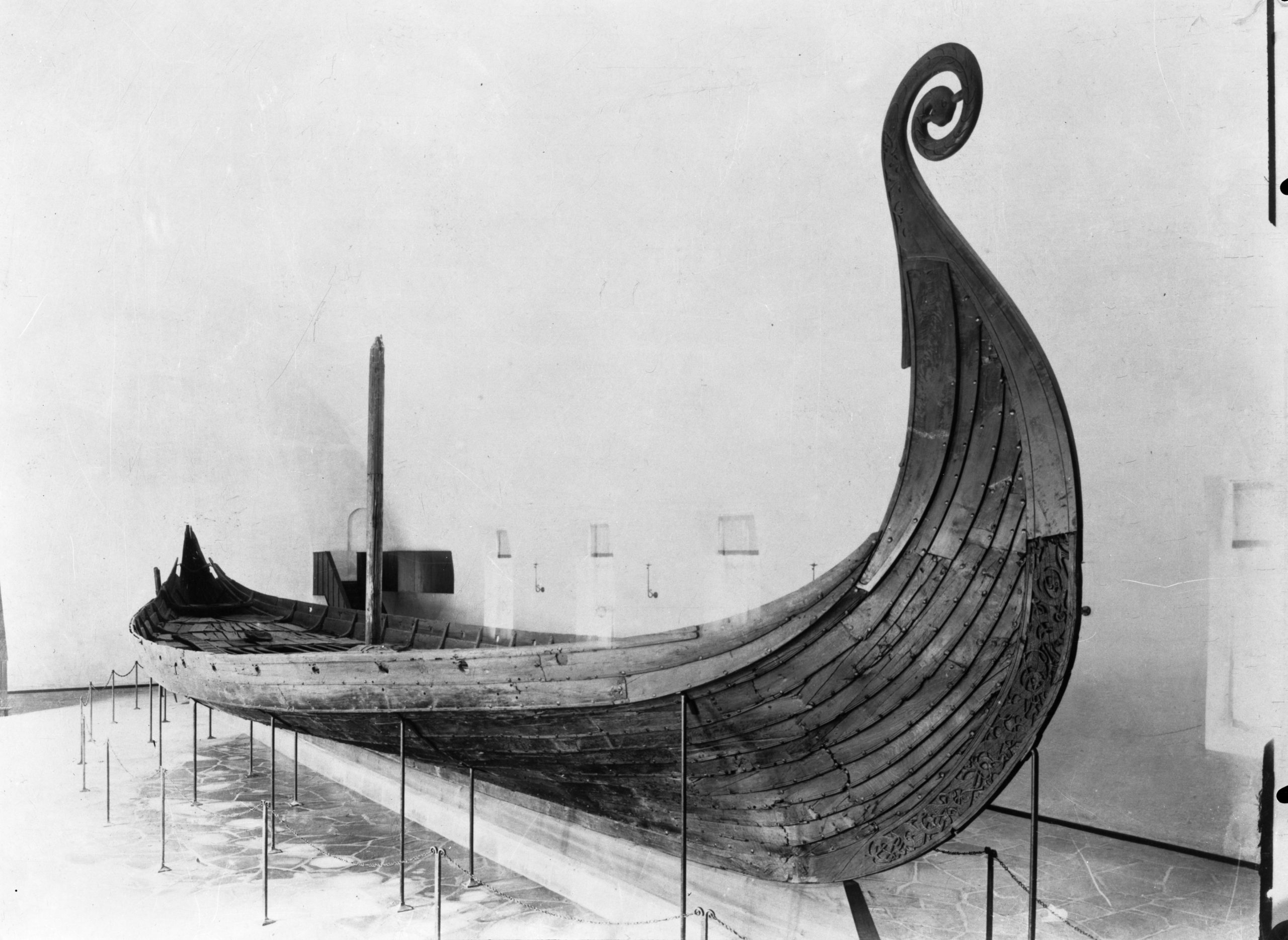The Invention of Tradition is a collection of papers edited by Eric Hobsbawm and Terence Ranger. It deals with the ways in which many traditions that are commonly considered to be old have been invented in the recent past and introduces the term “invented tradition”. Eric Hobsbawm defines this term as follows: “‘Invented tradition’ is taken to mean a set of practices, normally governed by overtly or tacitly accepted rules and of a ritual or symbolic nature, which seek to inculcate certain values and norms of behaviour by repetition, which automatically implies continuity with the past. In fact, where possible, they normally attempt to establish continuity with a suitable historic past.”[1] He further defines invented traditions as responses to new situations, which “attempt to structure at least some parts of social life within [the modern world] as unchanging and invariant”.[2] Hobsbawm goes on to differentiate between “tradition”, “custom” and “convention”. Custom, contrary to tradition, is not perceived to be unchanging and must still be rather flexible. It is an established practice that can be easily adapted if needed. Convention is simply routine without any ritual or symbolic function. Both custom and convention are practices that facilitate day-to-day life, but do not have an ideological basis like tradition.
Hobsbawm sees invented traditions as symptoms of societal change during which old traditions become obsolete. This creates a demand for new traditions. He holds that such societal changes have been extremely common in the last 200 years and categorises invented traditions since the Industrial Revolution into three subsets: “a) those establishing or symbolizing social cohesion or the membership of groups, real or artificial communities, b) those establishing or legitimizing institutions, status or relations of authority, and c) those whose main purpose was socialization the inculcation of beliefs, value systems and conventions of behaviour.”[3]
Hobsbawn concludes his summary of the concept of invented tradition with two observations: He firstly claims that old practices are different from invented ones: “The former were specific and strongly binding social practices, the latter tended to be quite unspecific and vague as to the nature of the values, rights and obligations of the group membership they inculcate: ‘patriotism’, ‘loyalty’, ‘duty’, ‘playing the game’, ‘the school spirit’ and the like.”[4] His second observation is that most new traditions have not become of great importance for people’s day-to-day life and that they occupy a much smaller part in modern society than old traditions in agrarian societies. He still believes the study of invented traditions to be important, however, because of their role as symptoms of societal changes. He also stresses that they can show historians how people in a given society relate to their past.
[1] Hobsbawm, Eric and Ranger, Terence. The Invention of Tradition (Canto Classics). Reissue, Cambridge, Cambridge University Press, 2012, pp. 1.
[2] ibid, p. 2.
[3] ibid, p. 9.
[4] ibid, p. 10.

1 Kommentar